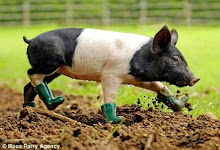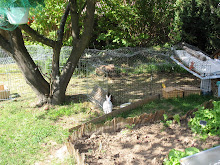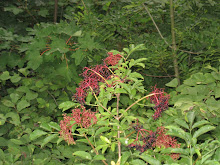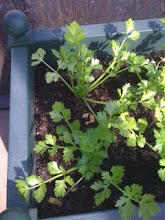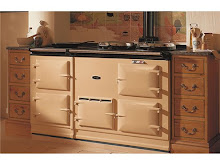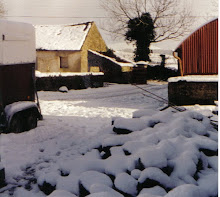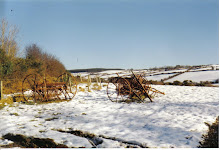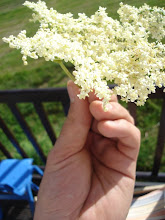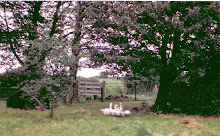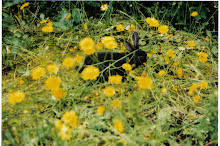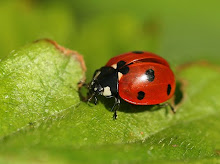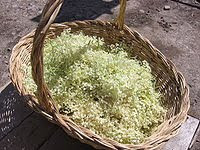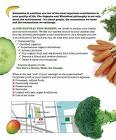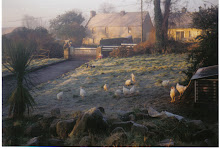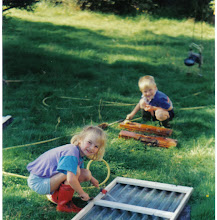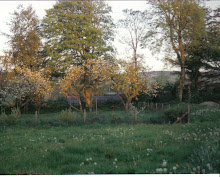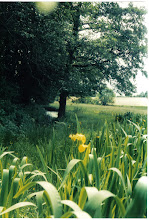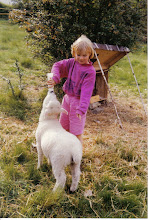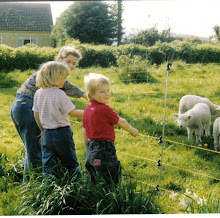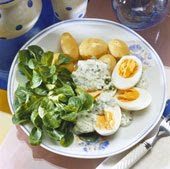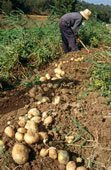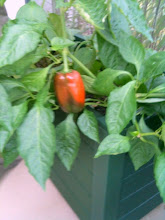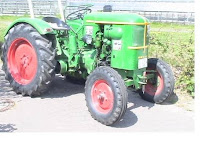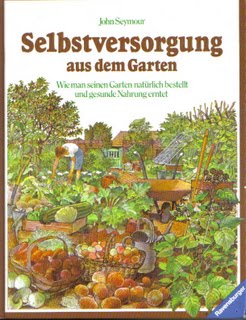
Wine from blackberries tastes best! This is a recipe from a good friend and expert winemaker. My own was left behind on the farm thinking I would never make wine again.
You need:
6 kg of fruit, a 25 l plastic bucket, 2 x 375 g sultanas
4 Campden tablets
2 sachets of Vinvik
4 spoons full of Pactolase (enzyme for making wine)
2-3 teabags of black tea
Demi Johns and sterilized wine bottles.
Pour fruit in a 25l plastic bucket. Crush fruit and slowly pour boiling water onto 6 kg of sugar until sugar has dissolved –this accelerates the fermentation process. Pour over fruit. Take 2 packets of sultanas (375g each), clean fruit and discard the water. Crush sultanas and add to fruit. Let 2-3 teabags steep in 1 cup of water. It adds tannin to wine. Fill up bucket with warm water until ¾ full. Dissolve 4 Campden tablets, available at homebrew stores. Add to mixture. It prevents wine turning into vinegar.
Cover well with muslin cloth and store in a warm place. Add wine yeast the next day. In Ireland, it was called Vinvik. You can take any other Bordeaux yeast but no beer yeast. 2 sachets suffice. Prepare according to instructions on sachets and add to fruit mixture. Add 4 table spoons of Pactolase. Stir every day if you find the time. Keep at warm temperature (25C). After a week or two, fill into Demi-Johns (gallon sized bottles with airlocks).
Remove Demi-Johns after 6-8 weeks, strain and fill into bottles. What you see in the picture below under "Homebrew" are a number of Demi-Johns bubbling away on kitchen table, making weird noises. Actually, you needn’t chop the fruit too finely. That way it just takes longer until wine is ready. If you don’t want to wait for you yummy wine, crush the fruit well.

